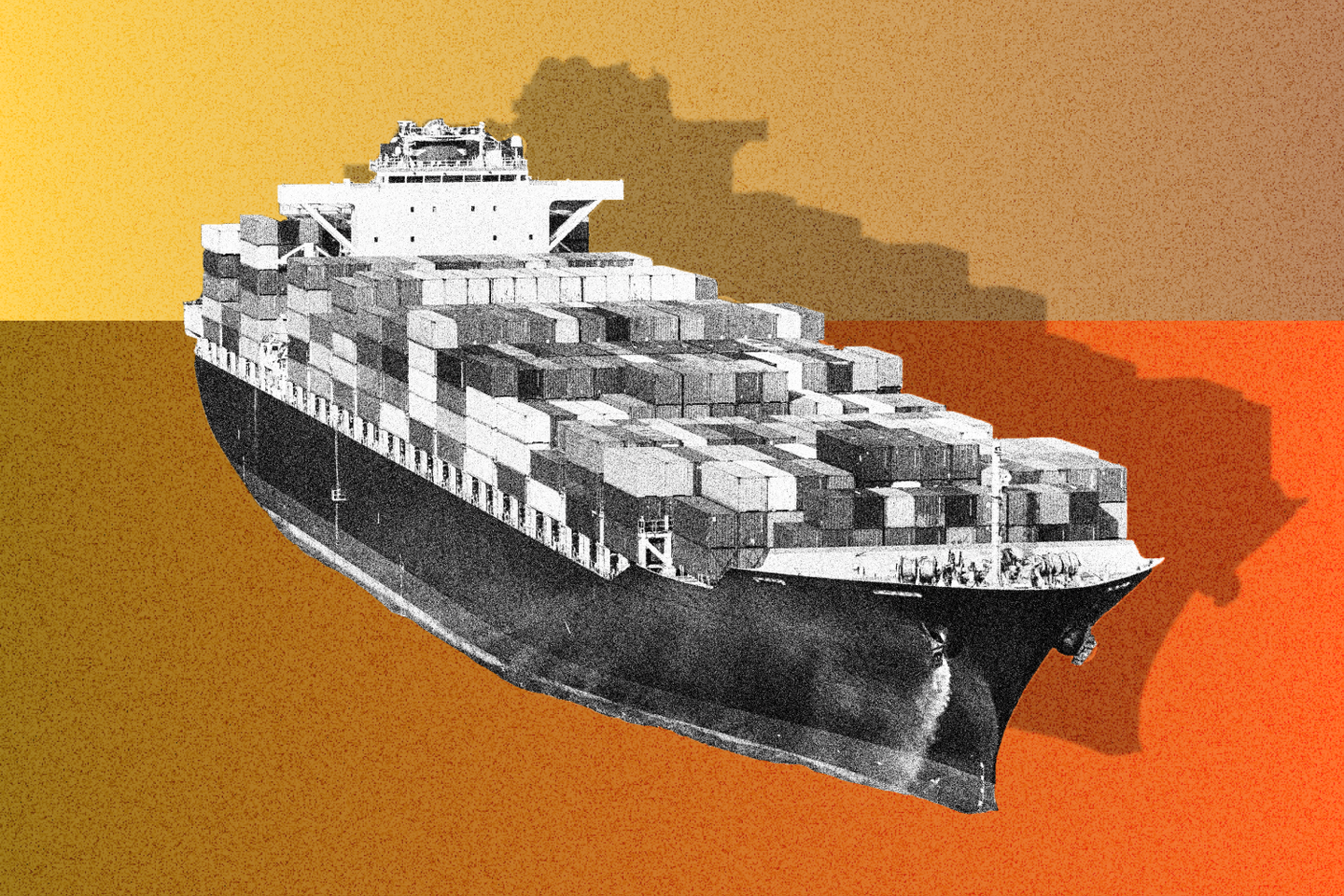


Markets, which had so far remained unmoved, experienced turbulent sessions in recent days. This volatility was triggered by disappointing US job creation figures – 73,000 jobs created compared to the 104,000 expected – and, more significantly, by downward revisions for May and June, with 258,000 jobs erased from the record for those two months.
Profit-taking abruptly halted the spectacular recovery seen across major markets since the trauma of Trump's so-called "Liberation Day." The S&P 500, which had surged 30%, was setting new records, and the Euro Stoxx 50 was up by 16%. On Wall Street, the reversal was particularly notable, with a 1.60% drop on Friday, August 1, following four consecutive sessions of decline, bringing the week's slide to 2.79%. The Euro Stoxx 50, meanwhile, had gained 16% before falling by 2.90% on August 1.
Concerns over the impact of tariffs on inflation and US growth have intensified, especially given the tariffs already applied to Canada, Mexico, India and Switzerland. In addition, the unresolved situation with China could have knock-on effects for Europe.
Toward a cut in US interest rates?
"Markets can see the glass as half-empty or half-full," commented Alexandre Baradez, head of market analysis at the brokerage IG. "On the downside, it demonstrates that US trade policy is truly impacting its economy. On the upside, it increases the chances of a cut in the Federal Reserve's key interest rates, as Donald Trump has demanded." Such a rate cut would reignite growth, boost the real estate market and ease the debt burden, part of which is tied to short-term rates. Expectations for such a move in September abruptly jumped from 50% to 80%, supporting the recovery at the opening of Asian, European and North American markets on August 4, except in Japan, Taiwan, Israel, Switzerland and Poland.
In Europe, certain sectors – such as automotive and spirits – are set to suffer from the 15% ceiling applied to most European exports. "Germany, the leading European exporter to the US, will take the full brunt of the 15% tariffs on its cars and machine tools," wrote John Plassard, partner and head of investment strategy at Cité Gestion Private Bank.
You have 45.14% of this article left to read. The rest is for subscribers only.
